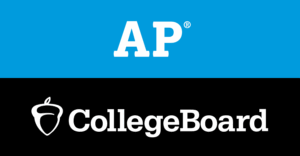By Adelaide Maloney ’22
As this year’s deadline to vote grows closer, more voters are making their final decisions about policy and leadership. At Beverly High School, many seniors are able to vote for the first time this year. Elections are a vital part of the democratic system, and voters are tasked with making responsible decisions each year. How, then, can new or returning voters ensure they are being responsible with their votes? The answer lies in political literacy.
Political Literacy is a thorough understanding of policy and politicians.
When a person is politically literate, they are able to better understand the implications of candidates or proposed laws. For example, if a candidate is describing a policy for reform, a politically literate person would be able to understand both how that reform will affect them and their wider community. This allows them to make the best decisions possible when they vote.
If the voter is not politically literate, they then will not understand that reform in the same way. This will prevent them from knowing its overarching affects and their vote may end up doing more harm than good.
Political literacy allows voters to fully understand policies and to vote in the interests of their communities and themselves. How, then, can one become politically literate?
The best way to understand a policy is to read it, and the best way to understand a politician is to read their policies. While reading these, one must be sure to think critically about the implications of each proposed change in the policy. However, some people may not have the time to read policy. In this case, it could be read allowed to them, or they could listen to discussions about policies with varied opinions when they had time to spare.
First and foremost, political literacy is a skill, and honing it is essential for responsible voters.



